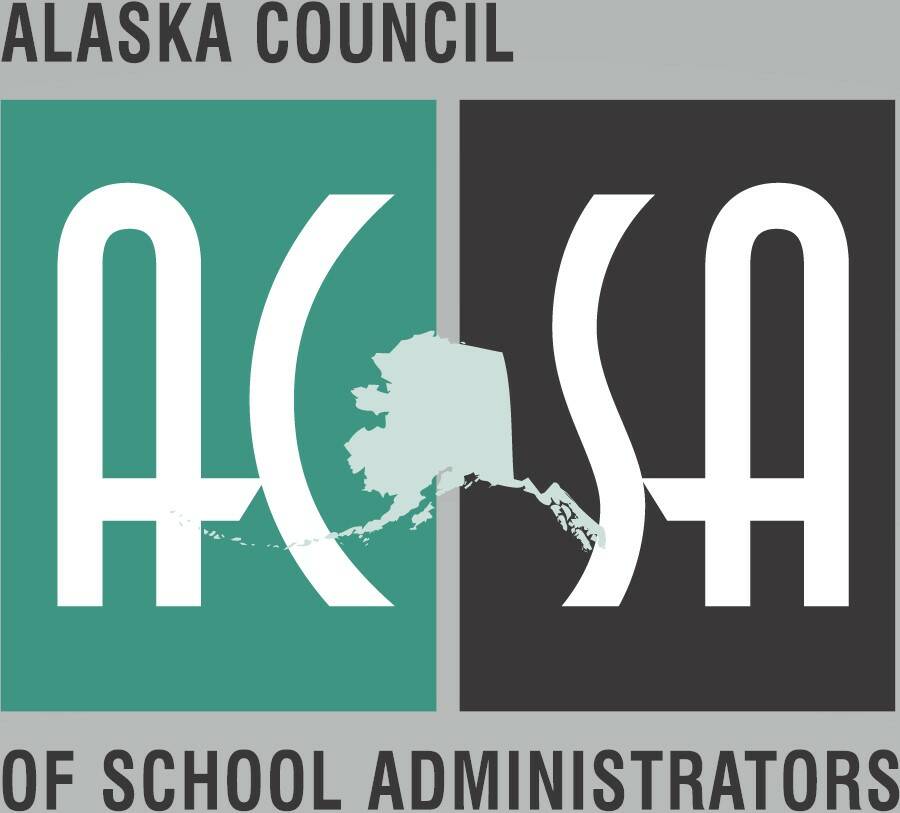Infrastructure takes many forms, from roads and buildings to the human infrastructure that enables our systems to function. Recently, neglect of funding for Alaskan K-12 school districts has dealt a blow to public human school infrastructure from which it is increasingly difficult to recover.
Between the two of us, we have more than 70 years of experience working for Alaska K-12 school districts, advocating for programs and supporting school business officials statewide. We have seen some tough times, but due to the lack of an increase to the base student allocation (BSA) since 2017, it has become nearly impossible for school administrators to do their jobs successfully.
While the one-time funding received in recent years is appreciated, seven years is a very long time to go without a meaningful permanent state funding increase! During the pandemic, additional federal funding masked the problem, but districts have been approaching a funding cliff for several years, as that carefully allocated funding has been depleted. Notably, during this time other state departments have received increased funding to keep up with inflation, and legislators and executive branch employees have received raises, while public schools funding has fallen far behind the rate of inflation.
Without a permanent funding increase, districts are only able to try to keep things going day-to-day. It is impossible to meaningfully plan for the future without reliable funding.
Public school administrators have been asked to dance on the head of a pin to make their finances all work. Under these circumstances, any gust of wind is a disaster. Headlines over the past few weeks regarding Juneau School District reflect challenges faced by many other school districts around the state.
These challenges include:
Years of budget cuts to administrative staffing, leaving bare-bones capacity to deal with complex requirements; this includes entirely new programs introduced during the COVID pandemic that added extensive workloads to business offices with no additional staff resources, which are still winding down, as well as time-consuming new state reporting.
Insufficient funding and training to implement complex software systems that take multiple years to implement.
Frequent turnover of administrative staff for which there are few or no applicants.
Constant re-work of financial plans to deal with late notice of major components of the budget, including the BSA funding level and enrollment count used for funding. For example, the Legislature approved $175 million in additional funding for FY24 (the current year), but the governor vetoed approximately $87 million in late June, without explanation. School districts that budgeted more than the amount Gov. Mike Dunleavy approved had to scramble to balance their budgets before they were due to the Department of Education and Early Development on July 15, 2023.
Collective bargaining, often with multiple unions, is an important process for school districts but it is extremely time consuming.
Business managers are not the sole decision-maker relative to budget matters.
Most school districts deal with financial pressures by routinely attempting to shield “the classroom” from cuts, and this impulse is admirable. However, focusing on cuts to administrative staff cannot go on indefinitely without consequences. Hiring is difficult at all levels due to relatively low wages and a poor state retirement system; when positions go unfilled someone else must ensure compliance. Often, administrators must pick what gets done with some things not getting done. Members of the public demand transparency and accountability, yet both elements require administrative resources to deliver.
Of great concern is the out-migration of school business professionals that is occurring. There are at least five business managers that have left or are leaving K-12 within the last year. These are hard-working, ethical, and dedicated professionals who have or will quickly find work elsewhere. Others are struggling under the pressure of increasing demands. At some point they can no longer do more with less. That day is here.
School districts are dealing with the same increased costs that all Alaskans have been and are experiencing. If there is no significant change to the BSA, continued degradation to public education will continue. To address the cost of inflation alone requires a $1,413 increase to the BSA. School districts have cut and are continuing to cut their budgets to balance available revenues.
When a district reaches a crisis point in this demanding environment, no one individual is to blame. We know that our colleagues are going above and beyond, working many nights and weekends to dance on the head of a pin, on behalf of their school districts. We encourage members of the public to help make sure they have the resources necessary to provide strong K-12 public education infrastructure, which is essential to Alaska’s future.
The fiscal cliff is here. We are all responsible and we all must do something. We and others will be advocating for K-12 funding and are willing to pay an income tax.
Melody Douglas, SFO, retired CFO from the Kenai Peninsula Borough School District and serves as the associate executive director for ALASBO.
Amy Lujan, SFO, MBA, has worked for three school districts (Kuspuk, Nome and North Slope), as executive director for the Alaska Association of School Business Officials (ALASBO) and as an advocate and mentor for K-12 school business officials.


